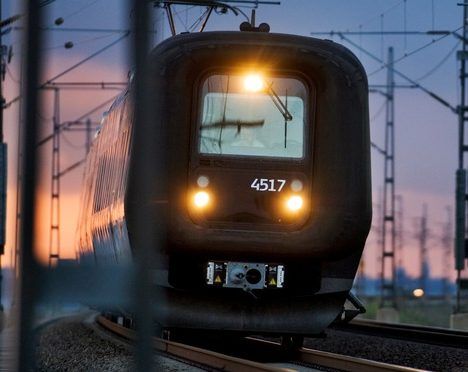The highly-contentious ID border control situation across the Øresund Bridge looks to be finally moving in the right direction following an agreement between Denmark and Sweden.
The agreement means that in eight weeks’ time, passengers will be able to remain onboard during ID checks and no longer be required to change trains.
The decision will regulate the Swedish police’s right to get off at the station at CPH Airport and get on trains bound for Sweden, according to the Swedish minister for internal affairs, Anders Ygeman.
“I hope the new agreement will make it easier for all those who commute between Scania and Denmark,” Ygeman told Sydsvenskan newspaper.
“The hope is that the border control at Hyllie will end and that the border police will be able to check passengers’ passports and IDs on the trains as they move. These changes also make it possible to reduce the time between train departures to 10 minutes again.”
READ MORE: Swedish border control cost Danish rail operator over 100 million kroner last year
15-minute improvement
Ygeman stated that the move would decrease the transport times from Copenhagen Central Station to Malmö Central Station from 57 to 42 minutes.
Danish rail operator DSB spent 69.8 million kroner last year on carrying out ID and border checks on passengers headed to Sweden, according to a report by Ole Birk Olesen, the Danish transport minister.















